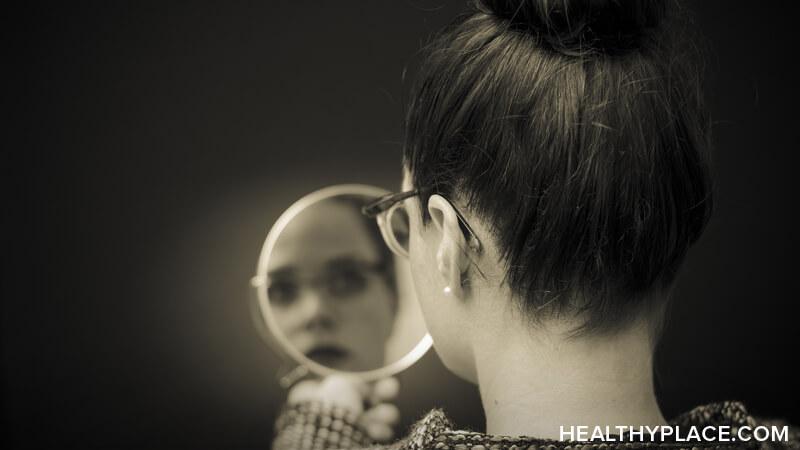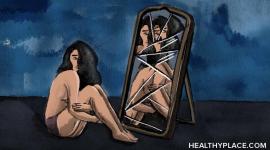Body Dysmorphic Disorder Test. Do I Have BDD?

Taking a body dysmorphic disorder test is one of the best ways to learn if you need to seek help and treatment for body dysmorphic disorder from a mental health professional. (If you want to know how to cure body dysmorphic disorder, read this.) This free online BDD test from the OCD Center of Los Angeles is designed to help people get an idea as to whether their symptoms may indicate signs of the disorder. Take the body dysmorphic disorder test below by checking the statements that apply to you. The results may help answer the question, "Do I have body dysmorphic disorder?" (Not sure what body dysmorphic disorder, BDD, is?)
While not meant to take the place of a professional mental health evaluation, this body dysmorphic disorder self-test can help determine if you have traits or symptoms of BDD.
1. _____ I worry excessively about my physical appearance.
2. _____ I often check my appearance in mirrors or other reflecting objects (i.e. windows, car bumpers, spoons)
3. _____ I often avoid mirrors and other reflecting objects
4. _____ I perform excessive basic grooming activities (i.e. showering, washing, combing/styling hair, brushing teeth) related to my perceived flaw
5. _____ I frequently use make-up or clothing to camouflage my perceived flaw or defect
6. _____ I frequently try to hide my perceived flaw by using my hands, sitting in certain positions, or staying in places where I believe others are less likely to notice my flaw(s)
7. _____ I regularly compare my appearance to that of others
8. _____ I almost constantly seek reassurance from others about the appearance of my perceived flaw or defect
9. _____ I sometimes discuss my flaw with others, or ask them to verify my flaw's appearance
10. _____ I frequently touch, pick, or measure the flaw
11. _____ I diet or eat only specific foods related to my flaw
12. _____ I avoid certain places and activities because I don't want others to see my flaw (i.e. dating, parties, swimming, theaters, restaurants)
13. _____ I avoid appearing in photographs
14. _____ I have undergone cosmetic procedures in an effort to correct my flaw (i.e. plastic surgery, hair replacement, skin bleaching)
15. _____ The results of the cosmetic procedures never produce satisfactory results
16. _____ I am planning a cosmetic procedure(s) in the future to alter the appearance or presence of my flaw
17. _____ I am frequently very anxious or depressed when thinking about my flaw
18. _____ I often arrive late to activities due to carrying out acts related to my perceived flaw
19. _____ I exercise and/or lift weights excessively in an effort to alter the appearance of my perceived flaw
20. _____ I frequently imagine others notice my flaw and that they have negative thoughts about the flaw and my appearance
21. _____ I am significantly distressed about my perceived flaw
22. _____ I often believe others discuss or comment to one another about my perceived flaw
23. _____ My concern and worry over my flaw interfere with social relationships and my academic or professional performance
24. _____I spend _____ hours per day performing behaviors specifically related to my perceived flaw (i.e. applying make-up, measuring, styling hair, skin picking, hair plucking)
25. _____ I worry most about the following parts and features of my body: [list body parts]
You can print this body dysmorphic disorder test out to check off the items that apply to you and share it with your medical doctor or mental health professional at your next visit. Remember, this BDD test does not definitively answer the question: "Do I have body dysmorphic disorder?" Only a licensed doctor or mental health professional can diagnose body dysmorphic disorder.
APA Reference
Gluck, S.
(2022, January 10). Body Dysmorphic Disorder Test. Do I Have BDD?, HealthyPlace. Retrieved
on 2026, March 3 from https://www.healthyplace.com/ocd-related-disorders/body-dysmorphic-disorder/body-dysmorphic-disorder-test-do-i-have-bdd


